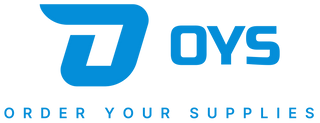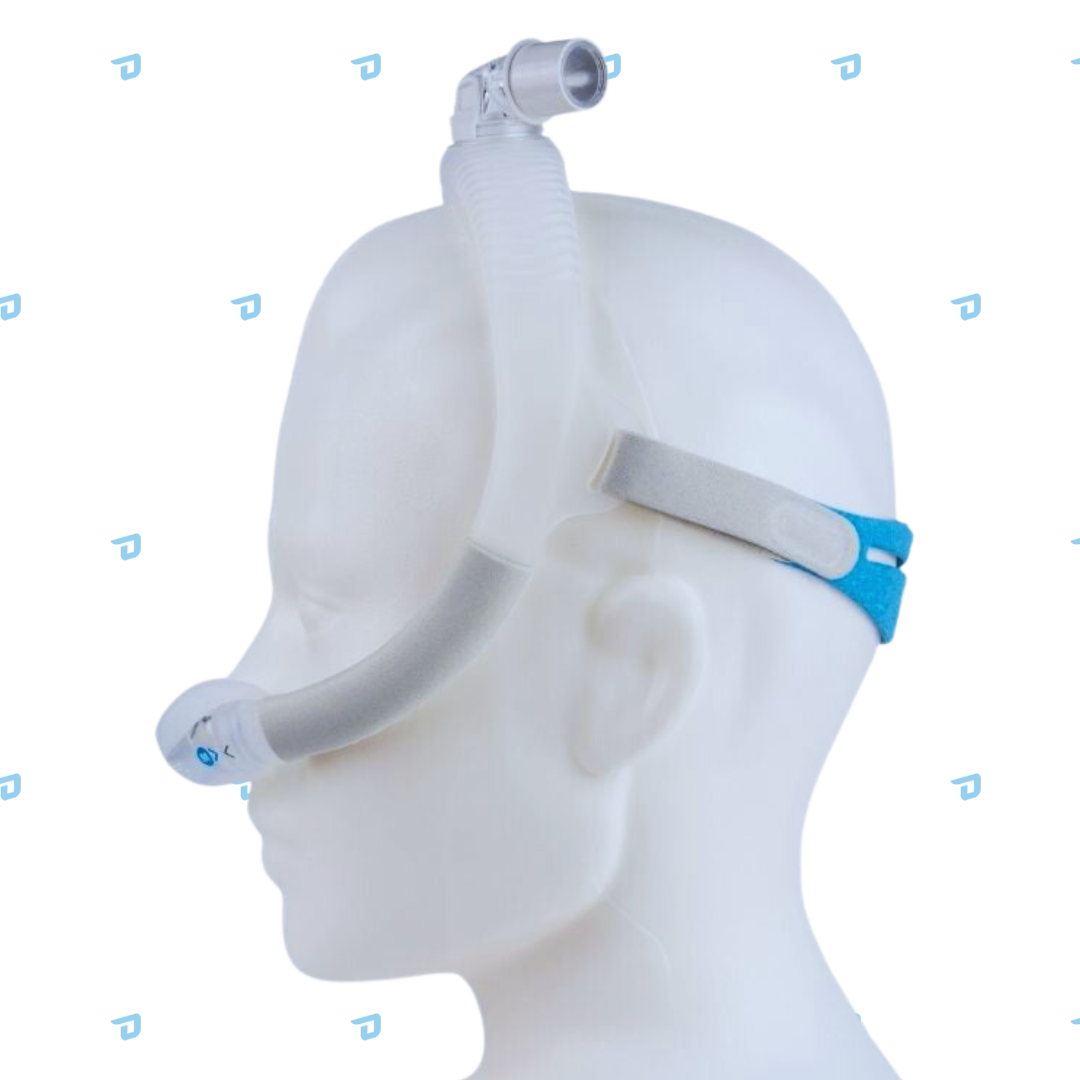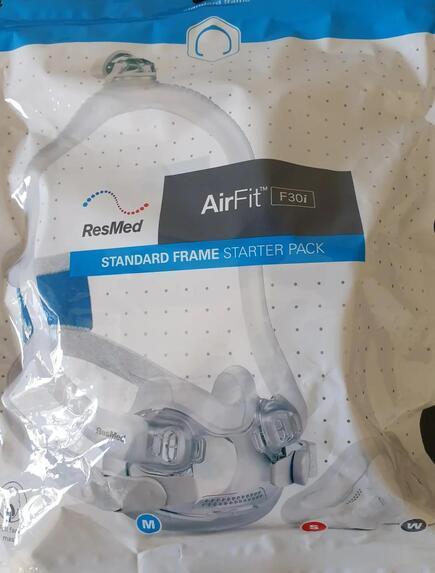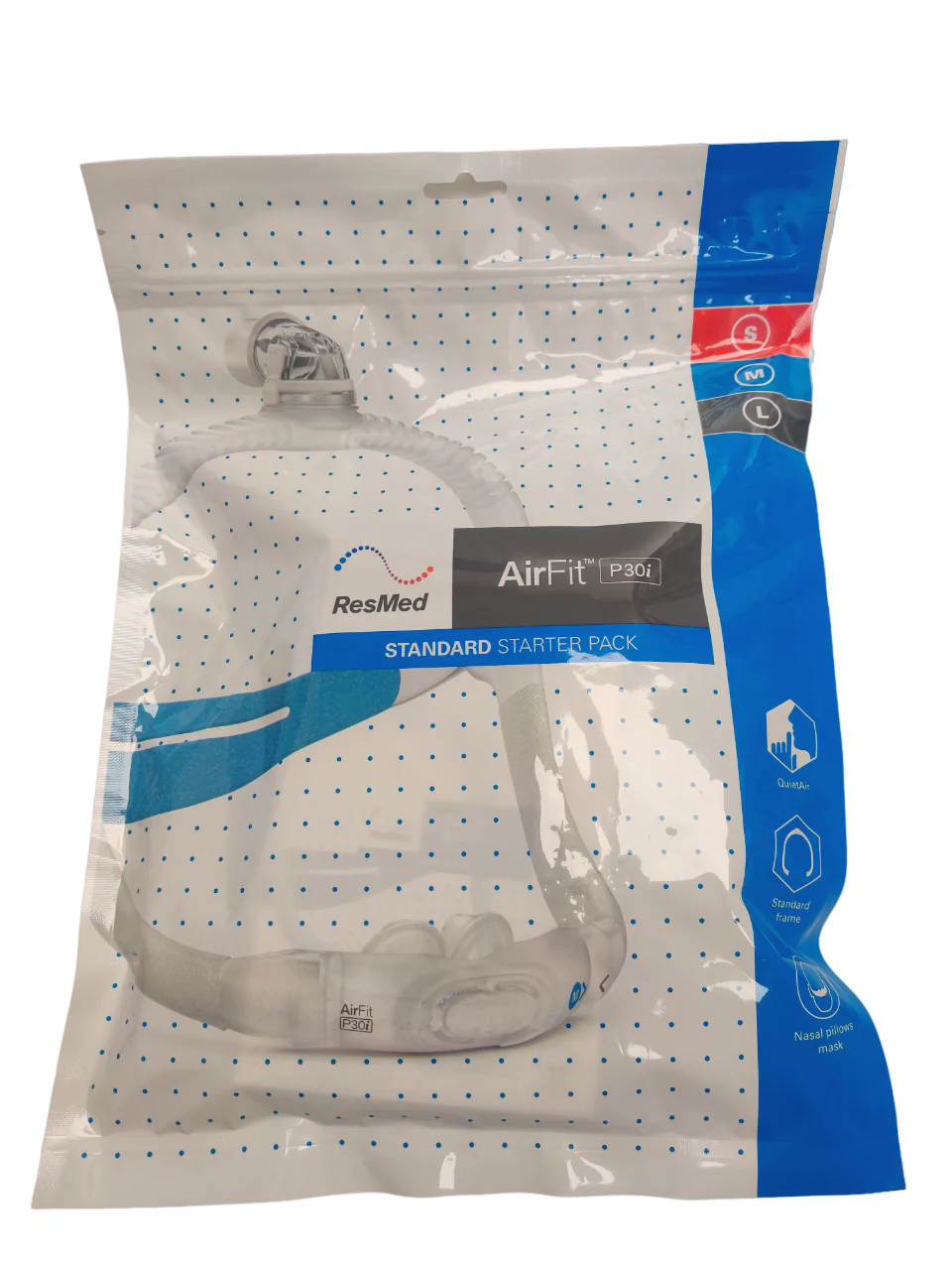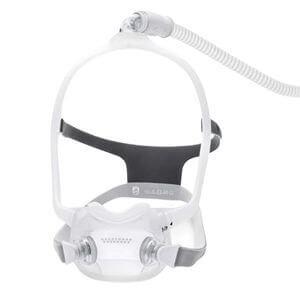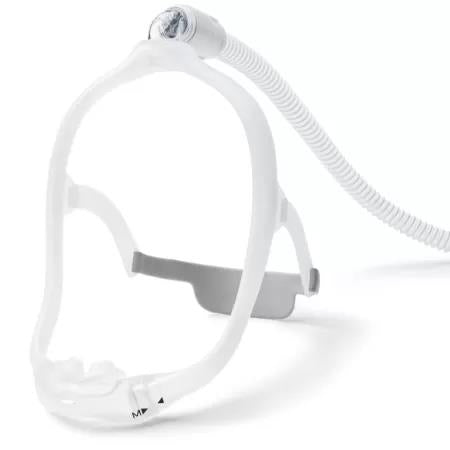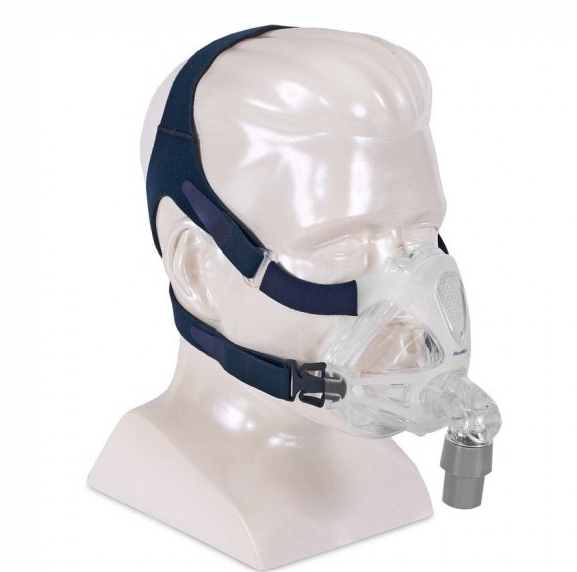Shop the Best CPAP Masks for Stomach Sleepers
CPAP Masks for Stomach Sleepers
Experience uninterrupted sleep and superior comfort with our range of CPAP masks for stomach sleepers. These masks are carefully crafted to provide a robust and unobtrusive fit, delivering therapeutic pressurized air seamlessly while accommodating your preferred sleeping position. Whether you're searching for the best CPAP mask for stomach sleepers 2024, or exploring options like the best CPAP mask for side... Read More
Top CPAP Masks for Stomach Sleepers: Choosing the Best Option for Quality Sleep
Stomach sleeping is the least common sleep position1, and finding a CPAP mask that accommodates this preference is crucial for ensuring comfort and effective therapy. Getting a good night's sleep is essential for everyone, but it can be especially challenging for people who sleep on their stomach and rely on CPAP therapy. Traditional CPAP masks often create discomfort, restricted movement, and air leaks when used in this position, leading to frustration and decreased treatment adherence. If you're a stomach sleeper, it may take some trial and error to find the best CPAP mask for stomach sleepers, but the right one can significantly improve your sleep quality and overall health.
Types of Masks Suitable for Stomach Sleepers
1. Nasal Pillow Masks
Nasal pillow masks are designed with minimal touchpoints and a low-profile design, making them suitable for stomach sleepers. They use soft pillows to deliver airflow directly into the nostrils, providing a comfortable and lightweight option for CPAP therapy; this could be one of the best CPAP masks for stomach sleepers.
Benefits:Nasal pillow masks are lightweight, less claustrophobic due to their minimal design, and provide a clear field of vision. They are also less likely to cause skin irritation and pressure sores compared to other mask types. These masks are suitable for nose breathers and have top-of-head hose connections for freedom of movement.
Examples:ResMed AirFit™ P30i Nasal Pillow CPAP Mask, Phillips DreamWear Silicone Nasal Pillow Mask.
2. Nasal Masks
This triangular mask covers the nose only, from the bridge of the nose to the upper lip. The mask is usually held in place with a strap that goes around the head. A nasal mask works well for people who require air pressure higher than what a nasal pillow can offer.
Benefits:Nasal masks provide a more natural airflow than full-face masks, making them more comfortable for some users. They also offer a secure fit, which is beneficial for active sleepers who move a lot during sleep.
Examples:Philips Respironics DreamWear Nasal CPAP Mask, ResMed AirFit™ N30i Nasal CPAP Mask.
3. Full-Face Masks
Full-face masks (also called oronasal masks) are designed to cover both the mouth and nose and are usually secured in place with head straps providing a stable and secure fit for individuals who sleep on their stomachs. These masks are bulkier than other mask types and are ideal for users who breathe through their mouths or require higher pressure settings.
Benefits:These masks reduce air leaks, especially if breathing through the mouth. They can accommodate high-pressure settings and, thus full face CPAP masks are considered as best CPAP masks for mouth breathers or people with nasal obstructions.
Examples:Philips DreamWear Full Face CPAP Mask, ResMed AirFit F30i Full Face CPAP Mask.
How Do You Sleep With a CPAP as a Stomach Sleeper?
Sleeping with a CPAP mask as a stomach sleeper can be challenging, but with the right strategies and equipment, it can be done comfortably and effectively.
1. Choose the Right Mask
CPAP for stomach sleepers often works best with nasal pillow masks or nasal masks with minimal touchpoints and top-of-head hose connections. These masks provide a secure fit and reduce the risk of air leaks.
2. Adjust the Mask Properly
Make sure your mask is properly adjusted to fit your face. It should be snug but not too tight to prevent discomfort and air leaks.
3. Use a CPAP Pillow
A CPAP pillow for stomach sleepers with indents or spaces for your mask and hose can help you sleep more comfortably. This type of pillow allows you to rest your face without obstructing the mask's exhale port.
4. Manage the Hose
Proper hose management is crucial to prevent the hose from getting tangled or pulling on the mask. Consider using hose holders or clips to secure the CPAP hose above your head or to the side of the bed.
5. Experiment with Different Masks
Finding the right mask may require some trial and error. Don't hesitate to try different types of masks to see which one provides the best comfort and seal for your sleeping position.
Comparison Between CPAP Masks for Stomach Sleepers & Back Sleepers
| Feature | Stomach Sleepers | Back Sleepers |
|---|---|---|
| Mask Type | Nasal pillow masks or minimal contact nasal masks | Any mask type (nasal, nasal pillow, or full-face) |
| Design Considerations | Low-profile design to avoid pressure and discomfort | Can accommodate bulkier masks |
| Hose Connection | Top-of-head hose connection to prevent tangling | Hose connection can be at the top or side |
| Headgear | Soft, flexible, and minimal headgear | Can use more substantial headgear |
| Comfort Accessories | CPAP pillows with cutouts | Standard pillows are usually sufficient |
| Fit and Seal | Proper fit is crucial to prevent air leaks | Easier to maintain a seal |
How to Choose a CPAP Mask Based on Your Sleeping Position
Your sleeping position plays a crucial role in selecting the right CPAP mask. The way you sleep affects how well the mask stays in place, how comfortable it feels, and how effective it is at maintaining an airtight seal. Choosing the right mask based on your sleeping style ensures optimal comfort and effective therapy throughout the night.
Here’s a guide to help you choose the best CPAP mask for different sleeping positions:
Stomach Sleepers
For stomach sleepers, finding a mask that minimizes pressure on the face and doesn’t shift during movement is essential. Full-face masks might be too bulky for this position, so a low-profile nasal pillow mask is ideal.
Best CPAP Mask for Stomach Sleepers:
ResMed AirFit™ P10 Nasal Pillow CPAP Mask features a minimalistic design that stays in place even when you sleep on your stomach.
Side Sleepers
Side sleepers require a mask that can withstand frequent shifts in position without causing discomfort or air leaks. Nasal or nasal pillow masks are often the best choice, as they are smaller and less likely to get dislodged.
Best CPAP Mask for Side Sleepers
ResMed AirFit™ N30i Nasal CPAP Mask is designed to provide a stable fit and secure seal for side sleepers, making it one of the best types of cpap masks for side sleepers
Back Sleepers
Back sleepers usually have more flexibility in mask choice, but it's important to pick one that fits securely without pushing into the face. Full-face masks can work well for back sleepers who breathe through their mouths.
Best CPAP Masks for Back Sleepers
Philips Respironics DreamWear Full Face Mask offers a wide-open field of vision and comfort for back sleepers.
Combination Sleepers
If you tend to switch between different positions during the night, you’ll want a versatile mask that offers flexibility. A nasal or nasal pillow mask with flexible headgear is ideal for accommodating different sleep postures.
Best CPAP Masks for Combination Sleepers
ResMed AirFit™ P30i Nasal Pillow Mask with a top-of-the-head hose connection, this mask allows for greater freedom of movement for those who change positions frequently.
By choosing the right CPAP mask for your sleeping position, you can enhance your comfort and therapy effectiveness. Browse through our collection to find the best CPAP masks that fit your specific needs.
Why Choose Us?
1. Wide Variety of Supplies
We carry a vast range of masks and other essential CPAP supplies, ensuring you find the best CPAP mask for stomach sleepers, best CPAP mask for side sleepers, and more, all in one convenient place.
2. Unbeatable Expertise
Our knowledgeable customer support team can provide personalized recommendations based on your specific needs and preferences, helping you find the best CPAP mask for stomach sleepers 2023 or earlier models like the best CPAP mask for stomach sleepers 2022.
3. Convenient Subscription Options
Simplify your life with our subscription options, and choose the best CPAP mask for side sleeper or best CPAP mask for stomach sleepers based on your sleep needs. Set up recurring deliveries to ensure you never run out of essentials.
4. Customer Satisfaction Guaranteed
We are committed to your satisfaction with our CPAP equipment. If you're not happy with your purchase, we offer a hassle-free return policy to ensure you find the right mask.
FAQs
Our committed team is available to support you through every step of your treatment journey.


